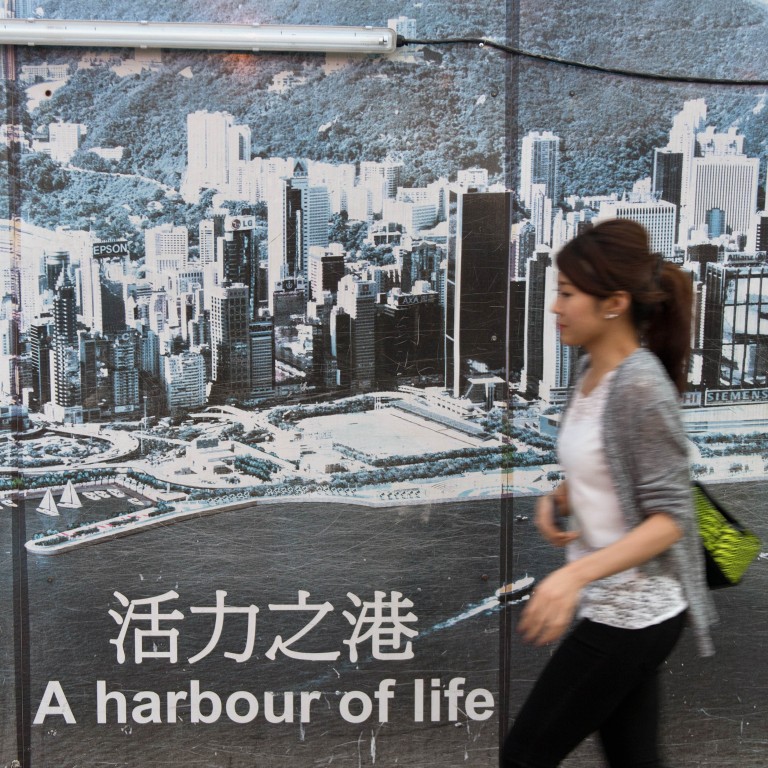
Political stasis holding back Hong Kong's development
Joanne Cheung says we must move on or risk falling behind in the region
A mainland political expert well versed in Hong Kong and Macau affairs recently told me that leaders on the mainland have generally adopted two views towards Hong Kong, in the wake of the Occupy Central movement.
Supporters of one view see Hong Kong as inferior, and reckon the city will be marginalised as a result of the domination of politics over economic development and people's livelihood.
The other camp takes a more upbeat attitude, and believes Hong Kong still retains an edge in the region and the world because of its good and well-functioning judiciary and social system, as well as the generally decent quality of the people.
The theory also goes that Hong Kong is beneficial to the country's development due to the fact that it is already a free trade zone, and it can complement the country's growth by setting examples for it to follow, provided that Hong Kong manages to handle its political turmoil.
The question, however, is whether Hongkongers have the ability to grasp the opportunities.
The truth is, Hongkongers have been caught in a relentless political debate over the past two years. In 2013, we saw the brewing of the illegal Occupy Central movement to force the central government to make concessions on political reform, followed by the actual 79-day protest that commenced in September last year.
Society today is no less divided, with the pro-establishment camp and the pan-democrat camp at each other's throat, throwing recriminations about.
In the midst of this saga, China has begun its rise to the top, spurring a sea change to global relations and igniting a power struggle.
As China fleshed out its ambitious "One Belt, One Road" action plan, Singapore was quick to launch research to study the role the city state can play in the initiative, which proposes a Maritime Silk Road aimed at enhancing maritime partnerships and China's geopolitical ties with its Southeast and South Asian neighbours.
Ironically, in Hong Kong, lying in a location where some of these trade routes will pass, press coverage on this all-important strategy lasted only a couple of days - the focus of public opinion soon shifted back to the debate centred on political reform.
However heated the debate on political reform may be, the fact remains that it will have to come to an end in two months. What will soon dawn on the politicians and the rest of the Hong Kong population is that life goes on, regardless of your stance on politics, and whether the reform will be passed.
At this time of a massive reshuffle of power in the world, Hongkongers need to reconsider our positioning. Should we be allowing the political debate to continue to dominate our attention until Hong Kong's status is overtaken by our neighbouring countries and cities?
Isn't it time that we endeavour to seek a consensus on various political issues, and reconsider Hong Kong's place in the country's rapid development?
To quote the political expert, who is also an economist, in the eyes of many in the central government who still believe in Hong Kong's potential, there exists many opportunities for Hong Kong to seek prosperity alongside the mainland, but Hong Kong has to resolve its internal conflicts first.
It's the dissent of a selected few that's stopping Hong Kong from accomplishing it right now. Will mainland leaders still feel the same about Hong Kong if our political turmoil drags on?
Hong Kong's political reform process has shown us that a society's economic and political development should never be held hostage by a select few; all Hongkongers should have the right to decide on the next steps forward.
A more democratic future for Hong Kong and China is achievable, but only if political parties are willing to make compromises and seek a consensus for the greater good.
